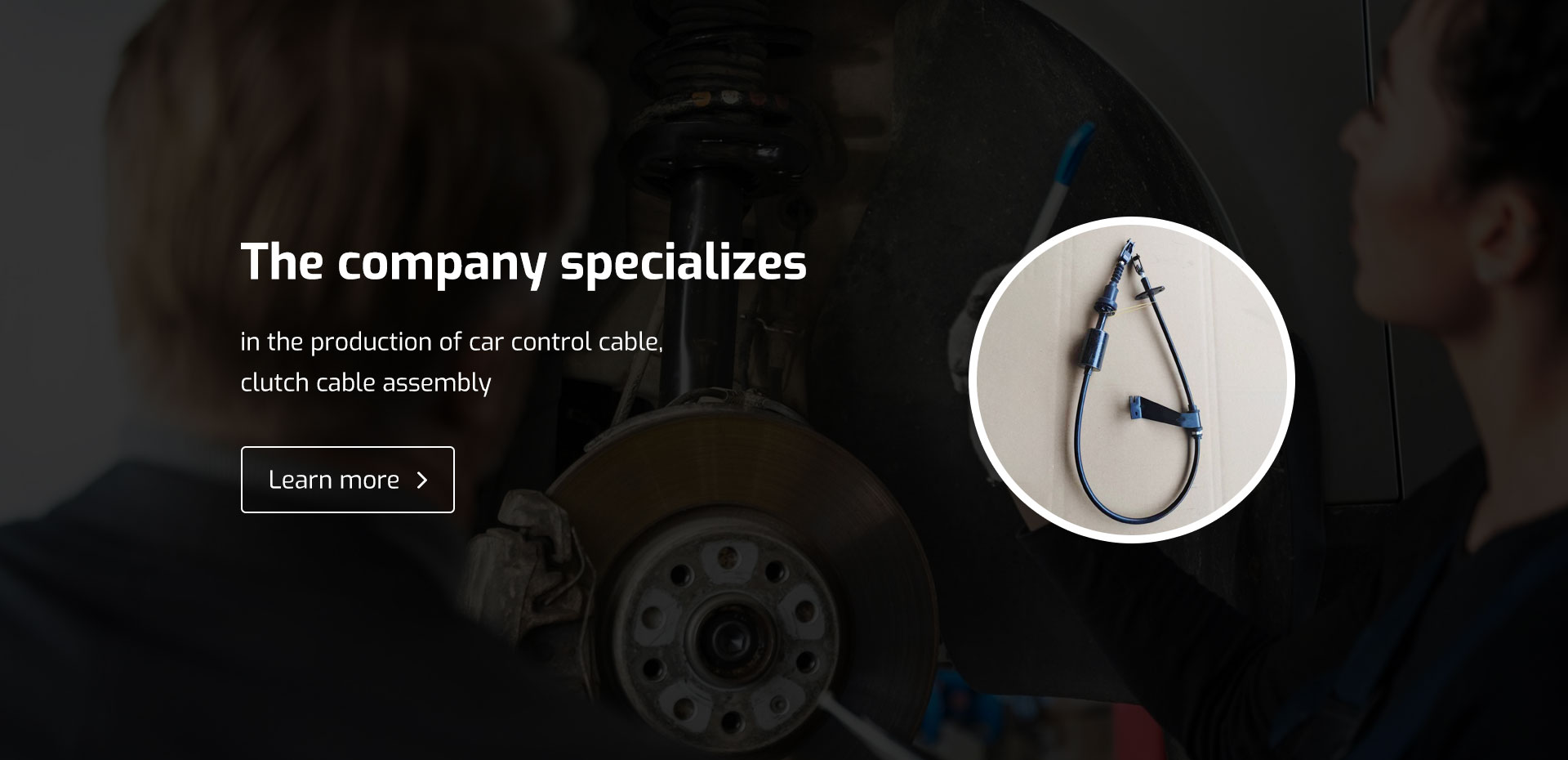Understanding Throttle Wire Functionality for Enhanced Engine Performance
Understanding Throttle Wires Essential Components in Automotive Systems
Throttle wires, often overlooked in discussions about automotive mechanics, play a crucial role in the functioning of internal combustion engines. The throttle wire acts as a physical connection between the accelerator pedal and the throttle body, which controls the amount of air entering the engine. This, in turn, determines engine speed and power output. Understanding the significance and mechanics of throttle wires is essential for anyone interested in automotive technology.
How Throttle Wires Work
When a driver presses the accelerator pedal, they are essentially pulling the throttle wire. The physical movement of the wire translates to the throttle body opening up, allowing more air to flow into the engine. This process is fundamental for increasing engine power and speed. The degree to which the throttle opens depends on how far the pedal is pressed. More pressure results in a wider open throttle, increasing airflow and, consequently, the engine's power output.
Historically, throttle wires were purely mechanical, but with advancements in technology, many modern vehicles have transitioned to electronic throttle control (ETC) systems. In these systems, a throttle position sensor, linked to the accelerator pedal via electronic signals, engages the throttle body electronically. This shift allows for finer control of engine performance, increased fuel efficiency, and enhanced driving dynamics.
Importance of Throttle Wire Condition
The condition of the throttle wire is critical for optimal vehicle performance. Over time, these wires can suffer from wear and tear due to environmental factors, friction, and stress. A frayed or damaged throttle wire can lead to various problems, including delayed throttle response, jerky acceleration, or even complete vehicle control loss. Regular maintenance checks can help identify these issues before they escalate into more significant problems.
throttle wire

Drivers should be particularly aware of signs that indicate a failing throttle wire. These signs may include a stiff or sticky accelerator pedal, erratic engine performance, or warning lights on the dashboard. Addressing these issues promptly can prevent potential safety hazards and costly repairs.
Throttle Wires in Performance Vehicles
In the realm of performance vehicles, throttle wires take on an even more critical role. Many enthusiasts upgrade their throttle wires or replace them with performance versions to enhance responsiveness. A lighter, more flexible throttle wire can result in a more immediate throttle response, translating to better acceleration and control during high-speed driving.
Moreover, tuning the throttle response through aftermarket throttle bodies can optimize performance further. These modifications ensure that the engine receives the exact airflow needed for intense acceleration, making the vehicle more competitive on the track or during spirited drives on winding roads.
Conclusion
In conclusion, throttle wires may seem like minor components in automotive systems, but they are indeed vital for engine function and vehicle performance. Whether in traditional mechanical setups or in modern electronic systems, these wires facilitate the critical connection between the driver’s intentions and the engine's response. For those interested in maintaining their vehicles or enhancing performance, understanding the intricacies of throttle wires is essential. Regular maintenance, timely replacements, and potential upgrades can ensure that your vehicle delivers the best possible performance while keeping safety a top priority.
-
Workings of Clutch Pipe and Hose SystemsNewsJun.04,2025
-
The Inner Workings of Hand Brake Cable SystemsNewsJun.04,2025
-
The Secrets of Throttle and Accelerator CablesNewsJun.04,2025
-
The Hidden Lifeline of Your Transmission Gear Shift CablesNewsJun.04,2025
-
Demystifying Gear Cables and Shift LinkagesNewsJun.04,2025
-
Decoding Clutch Line Systems A Comprehensive GuideNewsJun.04,2025
